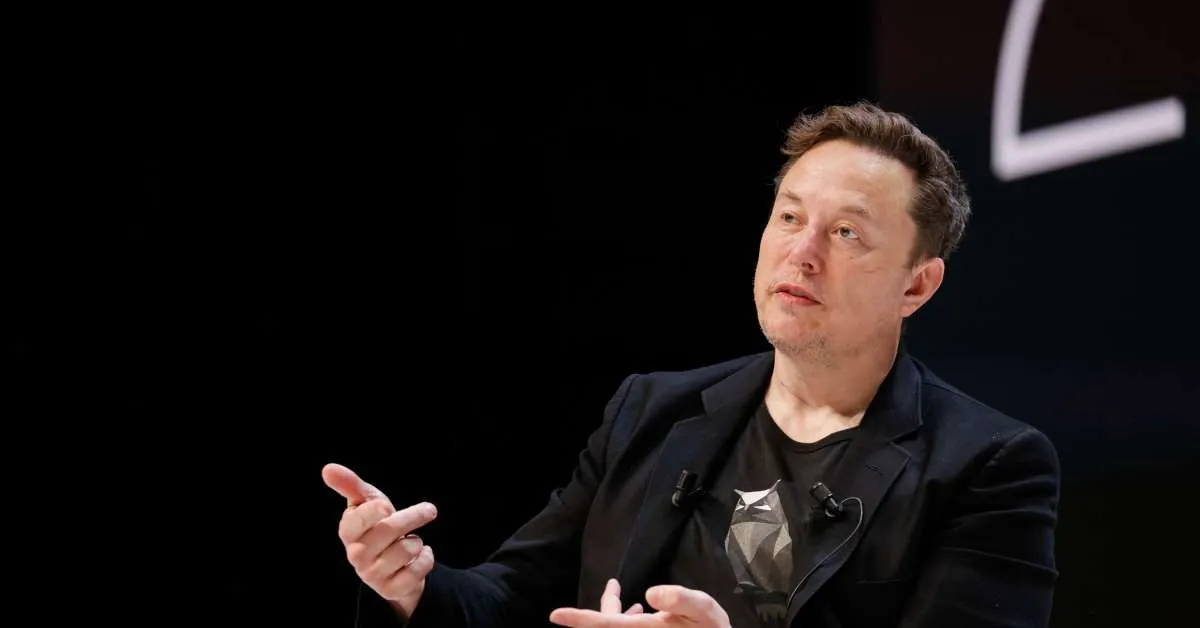
Tesla stock has experienced significant fluctuations over the years, reflecting the complex dynamics of the electric vehicle market and the leadership of CEO Elon Musk. Known for his unpredictable approach, Musk has garnered both acclaim and criticism, leading to a rollercoaster ride for Tesla's stock price throughout the past decade. Supporters of Musk celebrate his pioneering efforts to mainstream the electric vehicle sector, while detractors highlight the company’s challenges, including delays in model launches and unmet promises related to autonomous vehicles.
Recently, Musk's decision to invest hundreds of millions into supporting President Trump's election campaign and his involvement in launching the Department of Government Efficiency (DOGE) has intensified debates surrounding his leadership. This political engagement has disappointed many long-time Tesla supporters and has contributed to declining sales in critical markets such as Europe, China, and California. As a result, Tesla's stock has plummeted by over 50% from its peak in December to a significant low in mid-March.
Fortunately, recent trends indicate a potential recovery, with shares rebounding over the past week, including a remarkable 11% surge on March 24, spurred by pivotal news from China.
Tesla's success, symbolized by its stock performance, can be attributed to Musk’s strategic focus on high-performance electric vehicles. Rather than solely marketing environmentally friendly options, Musk has positioned Tesla's luxury cars to compete with established brands like Mercedes Benz and Porsche. This innovative approach has transformed Tesla vehicles into aspirational products, attracting attention from celebrities and automotive enthusiasts alike, while catching competitors such as Ford and General Motors off-guard.
However, as the electric vehicle market evolves, Tesla's competitive edge is diminishing. Major automakers worldwide, including the renowned "Big Three" from Detroit, have invested billions in developing their own electric vehicles, many of which offer comparable performance and arguably superior craftsmanship. This increased competition has led to a decrease in Tesla's market share, a situation further complicated by Musk’s often controversial political stances.
Data from the China Passenger Car Association revealed a staggering 49% year-over-year drop in Tesla's wholesale sales, including both exports and retail sales, with only 30,688 new energy vehicles sold in February—the lowest figure in over two years. In contrast, Chinese EV competitor BYD sold an impressive 318,233 vehicles during the same period. Tesla's challenges extend to the European market, where sales plummeted by 45% in January, despite an overall industry growth of 37%. Notably, the German Federal Motor Transport Authority reported a staggering 76% decline in Tesla sales during February, with only 1,429 cars sold, even as the electric vehicle registration rates increased by 31%.
In the U.S., Tesla also faced hurdles, with a 1% decrease in sales in 2024 marking the company's first annual drop in over a decade. According to the Cox/KBB quarterly EV sales report, Tesla's sales only grew by 2.3% in the fourth quarter, while the overall EV market surged by 15%. In comparison, Ford's sales increased by 16%, and General Motors saw growth exceeding 100% across its brands, including Cadillac, GMC, and Chevrolet.
On March 24, Tesla announced via its Weibo account that it plans to launch its Full Self-Driving (FSD) technology in China, pending regulatory approval for over-the-air software updates. This announcement followed a previous timeline for an FSD trial set between March 17 and April 16, which was impacted by new regulations introduced in February. In the U.S., Musk indicated that unsupervised FSD would debut in Austin in June 2025, with plans to expand to other cities over time. The anticipated rollout of FSD could potentially rekindle interest in Tesla and alleviate some of its recent sales challenges, contributing to the nearly 12% rally in shares following the news.
Additionally, comments from former President Trump have further buoyed Tesla's stock. This year, stocks have faced pressure due to concerns over stringent tariff policies that could adversely affect the U.S. economy and electric vehicle sales. However, reports suggesting that the White House might exempt certain countries from upcoming tariffs, set to start on April 2, along with discussions about avoiding sector-specific tariffs on automobiles, have contributed to a positive market response.
As Tesla navigates these multifaceted challenges, including shifting market dynamics and political influences, the company's ability to innovate and adapt will be crucial for its future success. Investors and stakeholders will be closely monitoring Tesla's strategic decisions and market performance as the electric vehicle landscape continues to evolve.